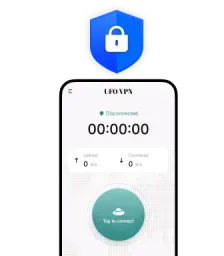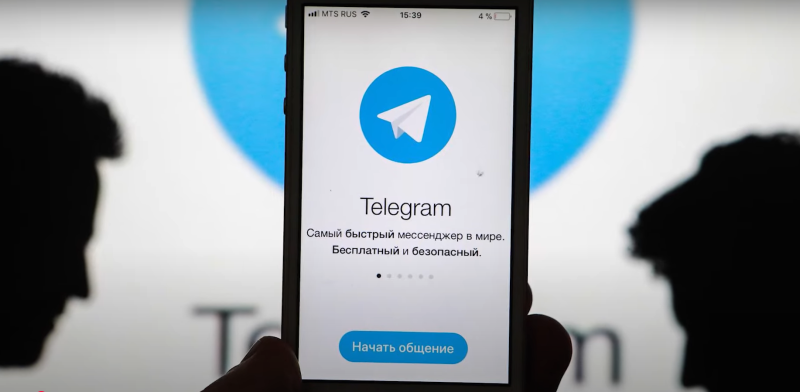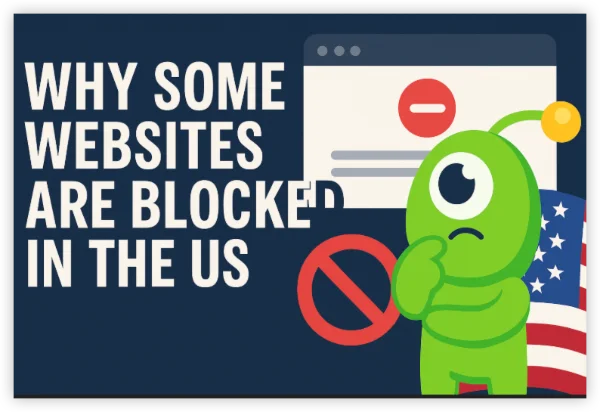DNS, VPN, and Smart DNS: Core Differences Explained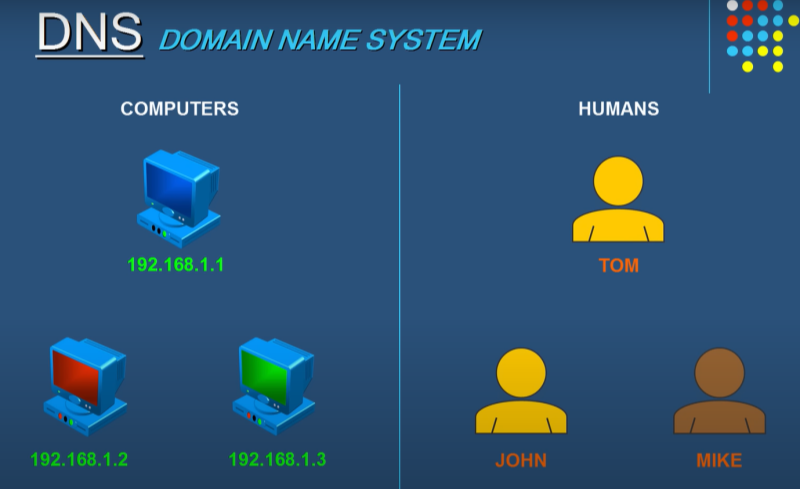
1.DNS (Domain Name System)
- What It Does:
Translates domain names (e.g., google.com) to IP addresses. - Bypass Power:
Offers basic geo-unblocking by rerouting DNS queries (e.g., accessing a game server in another region). - Speed:
Lightning-fast since there’s no encryption overhead. - Security Risk:
Provides no encryption; ISPs can see your traffic. - Best For:
Gamers who prioritize low latency. - Pro Tip:
Pair DNS with a free gaming-optimized DNS server to reduce ping without VPN lag.
2. VPN (Virtual Private Network)
- What It Does:
Encrypts all traffic and routes it through remote servers, masking your IP. - Bypass Power:
Unblocks most streaming platforms (Netflix, Hulu) and evades censorship. - Speed:
Can be slower due to encryption, though premium providers like Best free VPN minimize lag. - Security:
Uses AES-256 encryption to protect against hackers and ISP snooping. - Best For:
Privacy-first users and travelers in restricted regions.
3. Smart DNS
- What It Does:
Redirects only DNS queries for specific services (e.g., Netflix) without encrypting data. - Bypass Power:
Enables fast streaming of geo-blocked content. - Speed:
Near-instant performance, as no encryption is involved. - Security Risk:
Leaves non-streaming traffic exposed. - Best For:
Users looking for buffer-free streaming on devices like Smart TVs.
DNS vs. VPN vs. Smart DNS: Performance Showdown
Below is a comparative table summarizing the performance and features of each tool:
| Feature | DNS | VPN | Smart DNS |
| Speed | ⚡⚡⚡⚡⚡ (Fastest) | ⚡⚡⚡ (Balanced) | ⚡⚡⚡⚡ (Very Fast) |
| Encryption | ❌ | ✅ AES-256 | ❌ |
| Gaming | ✅ Low latency | ❌ High ping | ❌ Unreliable |
| Privacy | ❌ | ✅ Full anonymity | ❌ |
When to Use Each Tool (Real-World Scenarios)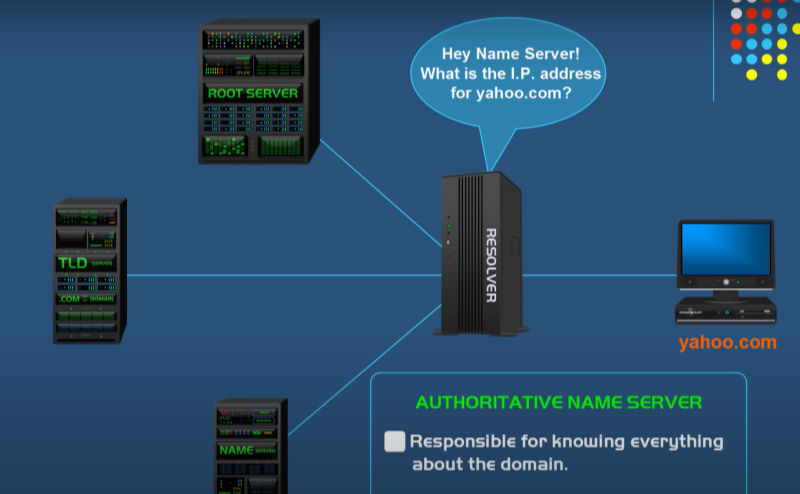
1. Streaming 4K Content
- Ideal Solution:
Use Smart DNS for its speed and pair it with a VPN for privacy during logins.
2. Gaming Without Lag
- Recommended Setup:
Combine a custom DNS with UFO VPN’s split tunneling to encrypt only chat traffic while gaming.
3. Public Wi-Fi Security
- Best Practice:
Use a VPN to encrypt all data and hide your IP addresses when connected to public networks.
4. Bypassing Workplace Blocks
- Effective Method:
Use a VPN with obfuscation (e.g., Stealth VPN) to disguise your traffic and access restricted sites.
Why UFO VPN Beats Standalone DNS/Smart DNS Tools
While standalone DNS and Smart DNS services excel in speed, they leave critical gaps in privacy. UFO VPN bridges that divide by offering:
Key Advantages
- Smart DNS + VPN Hybrid:
Stream geo-blocked content at full speed while encrypting sensitive tasks. - Gaming-Optimized Servers:
Enjoy low-latency nodes for smoother gameplay. - No-Logs Policy:
Unlike many free DNS/VPN services, UFO VPN never tracks or sells your data.
Pro Tips
UFO VPN prioritizes your privacy by blocking ISPs, advertisers, and cybercriminals from harvesting data about your device or habits. Recognized as the best VPN for PC and best VPN for Mac, its advanced encryption anonymizes your connection, ensuring activities like visiting onion sites never reveal your hardware specs, browser fingerprints, or real IP address.
With one-click activation, UFO VPN simplifies security—no technical expertise needed. Start shielding your data by using best VPN for PC and browse with uncompromised confidence.
The Hidden Risks Most Guides Ignore
1. DNS Leaks
- Issue:
Cheap VPNs or DNS services might expose your real IP. - Solution:
Always test with DNSLeakTest to ensure protection.
2. Smart DNS Detection
- Issue:
Streaming platforms like BBC iPlayer are increasingly blocking Smart DNS. - Solution:
Use hybrid solutions like UFO VPN that combine encryption with Smart DNS speed.
3. Free DNS/VPN Traps
- Issue:
Many free services may sell your data or inject ads. - Solution:
Invest in reputable services with a proven privacy record.
Did You Know?
Even with a VPN, your DNS queries can leak. UFO VPN’s built-in DNS leak protection ensures no accidental exposure.
FAQ: DNS, VPN, and Smart DNS Questions Answered
Q1: Can I use DNS and VPN together?
A: Yes! You can configure your VPN to use a custom DNS (like Cloudflare) for faster lookups.
Q2: Is Smart DNS legal?
A: Yes, but bypassing geo-blocks may violate some streaming platforms’ terms of service.
Q3: Why does my VPN slow down gaming?
A: Encryption adds latency. Use split tunneling to exclude gaming traffic or try a gaming-optimized DNS.
Q4: Will Smart DNS hide my IP from hackers?
A: No—it only reroutes DNS queries. For full protection, pair Smart DNS with a VPN.
Q5: Does UFO VPN offer Smart DNS?
A: Yes! UFO VPN’s hybrid mode combines Smart DNS speed with VPN encryption for select apps.
Conclusion
Choosing between DNS, VPN, and Smart DNS depends on your priorities: raw speed, robust privacy, or seamless streaming. While Smart DNS wins for buffer-free Netflix, and DNS excels in low-latency gaming, a premium VPN like UFO VPN offers the best balance—especially with hybrid features that let you toggle between modes.

